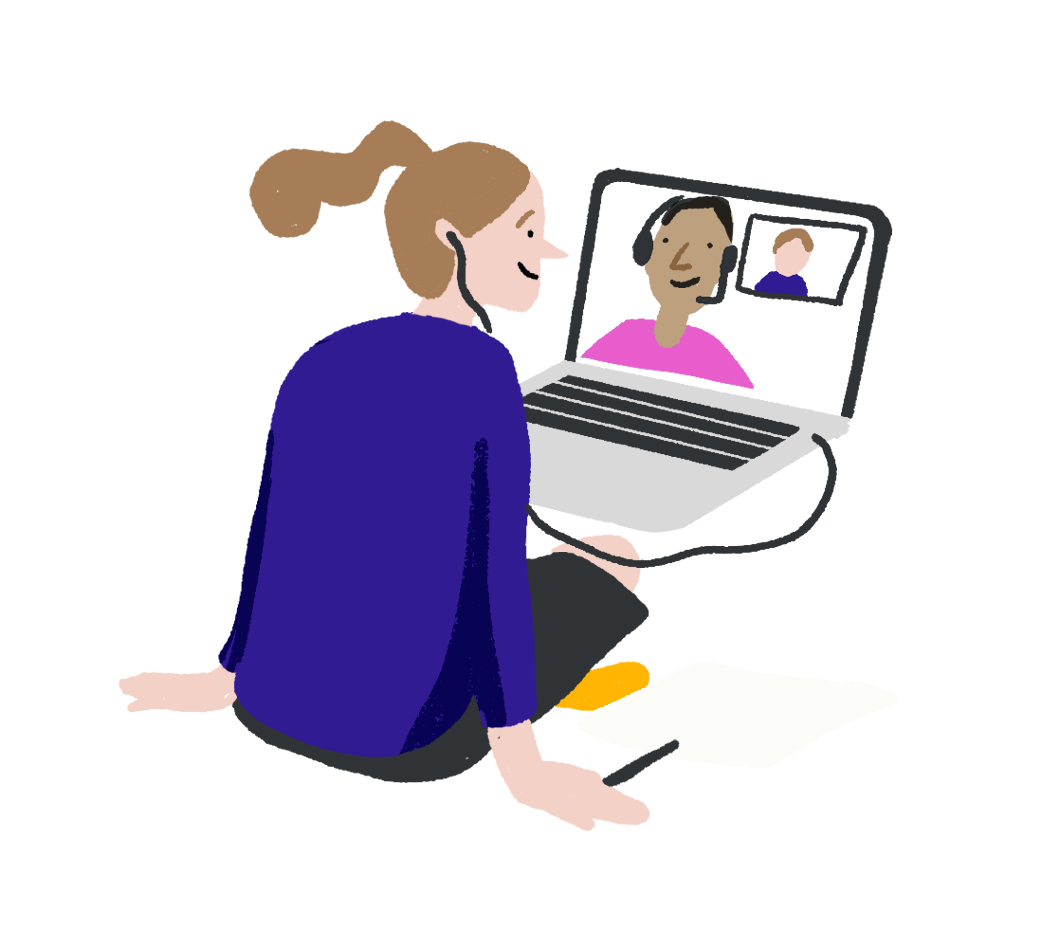This is a guest blog written by Ife Olawande, a Math, English, History and Psychology tutor on MyTutor.
“I strive in structure; I drown in chaos” – Anna Kendrick. The most effective lessons are the ones that have already been thoroughly planned beforehand but how should you plan your lessons? Well an easy technique to use is known as : “I Do, We Do, You Do”
Start with a welcoming greeting
It’s always important to greet your student before we begin the “I Do, We Do, You Do” technique. Begin by saying hello rather than asking them to answer a series of questions. You don’t have to spend the entire time doing this, but set aside the first two minutes to greet them and ask about their day. This will help you develop a relationship with your students, which will boost their confidence in the classroom.
Kick off the lesson with a starter activity
Following the introduction, the next goal is recall, which is accomplished through the starter activity. Recall is the process by which the student reads and processes the information provided. Students write down or explain what they remember out loud without looking back. The first part of the session is spent reviewing previous knowledge, whether through a knowledge quiz, a key terms test, or a brief application of a new concept. If this is your first lesson with your student, the first activity could be a quick knowledge test to see what they know and don’t know.
Follow the I Do, We Do, You Do technique
Now it’s time to teach! Begin by introducing the new material -this is where the “I Do, We Do, You Do” technique comes in.
I Do
The “I Do” in this technique is where the new content is displayed and explained. This can be done with videos, pictures, or a PowerPoint presentation that includes all of the key information and key points required to understand the topic. It’s critical to use numerous examples. For example, if teaching standard form in maths, present a number of questions that could be answered in standard form, then go through a step-by-step method for answering each question. Always remember to ask questions before moving. Ask the student if they understand the step or if there is anything that confuses them.
We Do
Once you have shown how to apply the material and the key information it’s time for the “We Do” element. This is where you continue to model, prompt and cue the student, when doing this you need to:
- Practise examples with the students together, for example, as what the first step would be then do it together
- Ask them questions to check for understanding as you go e.g. ask the student to summarise the main concepts and important information.
You Do
After going through examples together it is now time to allow your student to complete the learning tasks independently. Though students are completing the tasks independently, you still need to monitor their work and ensure that any mistakes they make are corrected. Though exam questions are important and help mirror what the students will face in their exams, you can still try and make the lesson fun by adding different independent tasks such as crosswords, making mind maps, and playing interactive games.
End the session with a debrief
It’s critical to take a few minutes at the end of each tutoring session to wrap up and debrief your student. This allows you to reflect on what you’ve learned and identify any areas that still require improvement. It also aids in the development of rapport and the maintenance of open lines of communication. Thank your students for their time and effort, and then summarise what was discussed during the session. This helps to reinforce the material and gives your student a chance to ask any questions about what was learned.
Remember that tuition is not the same as a school lesson. This is a private time for you and your students, so if you notice them struggling with anything, don’t brush it off; instead, take your time and give the student as much time as they need to increase their confidence in the material.




